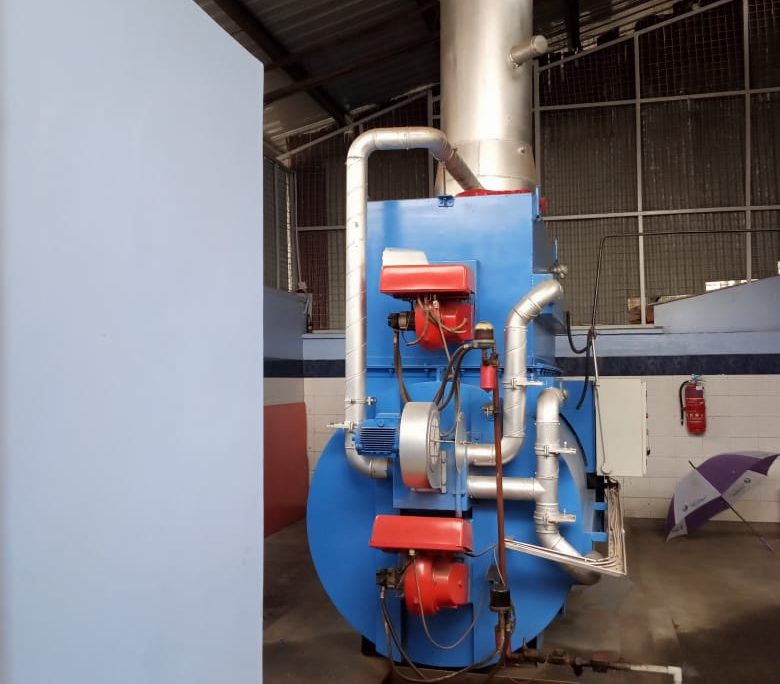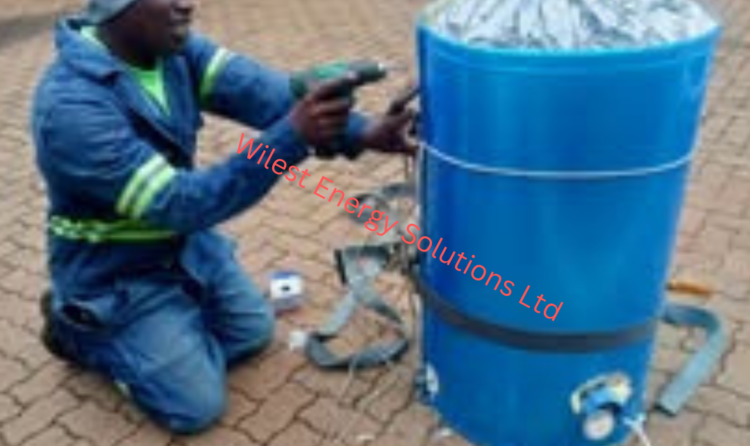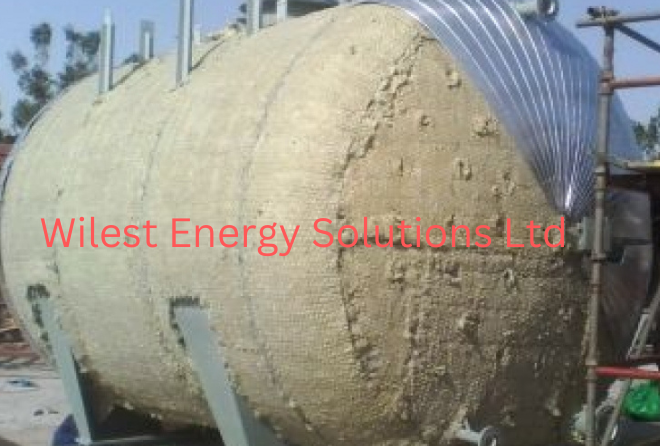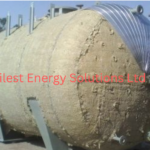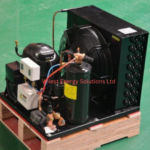Bio-medical & General Waste Incinerators: Types of incinerators and their benefits in Waste Management
Bio-medical and general waste incinerators are types of incinerators that are specifically designed to handle medical and general waste, respectively. These incinerators provide a safe and effective way to dispose of waste, reducing the risk of contamination and the spread of diseases. In this article, we will discuss the different types of bio-medical and general waste incinerators and their benefits in waste management.
Types of Bio-medical Waste Incinerators:
- Controlled Air Incinerators: Controlled air incinerators are designed to maintain precise control over the air and fuel supply, ensuring that the waste is burned at high temperatures and with minimal emissions.
- Multiple Hearth Incinerators: Multiple hearth incinerators use a series of rotating hearths to slowly burn the waste, producing a high-quality ash that is easy to dispose of.
- Fluidized Bed Incinerators: Fluidized bed incinerators use a bed of sand or other materials to suspend the waste in a fluid-like state, ensuring that it is burned at high temperatures and with minimal emissions.
Types of General Waste Incinerators:
- Rotary Kiln Incinerators: Rotary kiln incinerators use a rotating drum to burn the waste at high temperatures, producing a high-quality ash that is easy to dispose of.
- Grate Incinerators: Grate incinerators use a series of grates to burn the waste, producing a high-quality ash that is easy to dispose of.
Benefits of Bio-medical and General Waste Incinerators:
- Safe and Effective Disposal of Waste: Incinerators provide a safe and effective way to dispose of waste, reducing the risk of contamination and the spread of diseases.
- Energy Generation: Incinerators can be used to generate energy, producing heat that can be used to generate electricity or to heat buildings. This makes them a valuable tool for waste-to-energy programs.
- Reduction of Waste Volume: Incineration reduces the volume of waste, making it easier to dispose of and reducing the need for landfill space.
- Compliance with Regulations: Incinerators are designed to comply with local and national regulations, ensuring that waste is disposed of safely and legally.
Bio-medical and general waste incinerators are an effective solution for managing waste. They provide a safe and efficient way to dispose of waste, while also generating energy and reducing waste volume. Choosing the right type of incinerator depends on the type of waste being disposed of and the specific needs of the organization. At Wilest Energy Solutions, we offer a variety of incinerator services and waste management solutions to help Industries manage their waste effectively.


